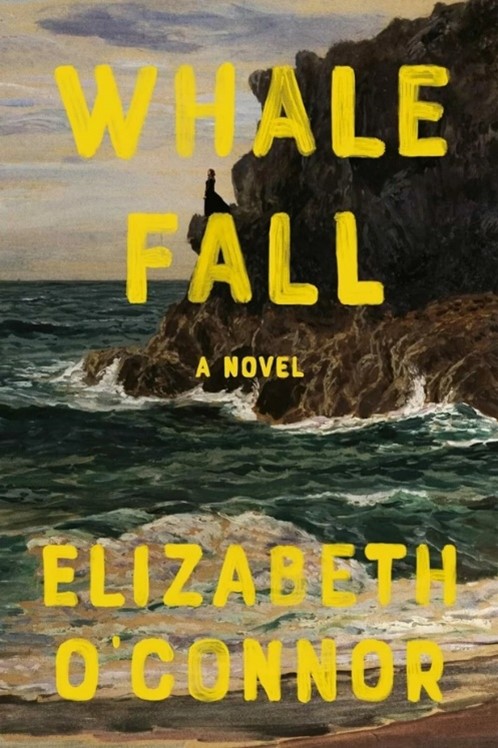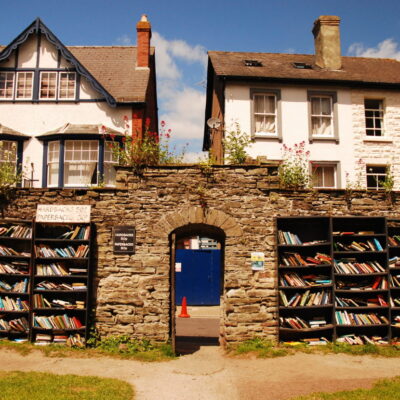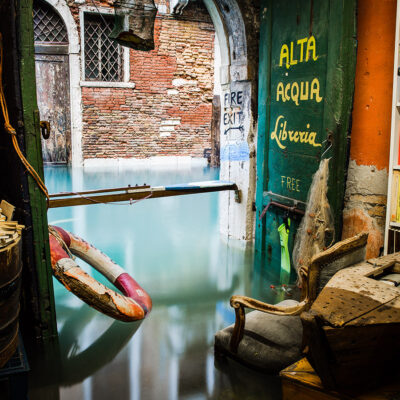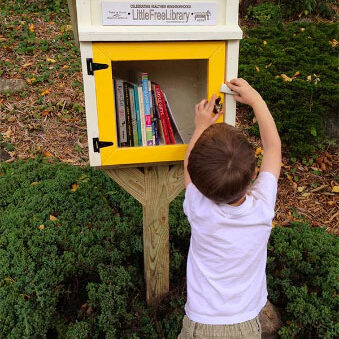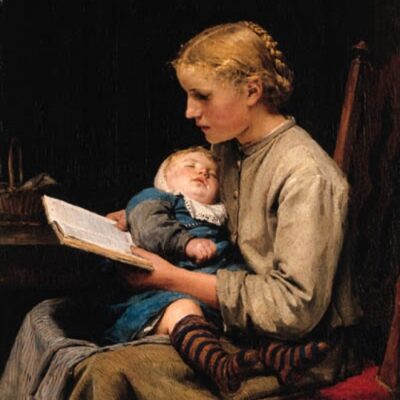Whale Fall by Elizabeth O’Connor
Set on a fictional Welsh island in 1938, Whale Fall by Elizabeth O’Connor introduces its reader to eighteen-year-old Manod Llan, a lifelong islander, who feels a deep attachment to her small community of fifteen men, twenty women, and twelve children and a profound sense of responsibility for the care of her father and younger sister Llinos. The story begins when Manon finds a dead whale that has washed up on the island’s shore. To the elders, the beached whale seems to be an omen, though they’re not sure if it portends good or bad.

At the time the whale arrives, the economy and morale of those remaining on the island stands at an all-time low. Fishermen do not want to go out because they have seen submarines circling the island and changes in the weather has caused treacherous tides and a shrinking catch. There are no doctors on the island, letters take months to arrive, and news is in scarce supply. Damp invades everything from the moss-covered chapel to a romance novel whose pages are “shaped in waves.” The sea is close enough “to spray the house with water at high tide, and eat away at the paint.” The population is decreasing every year as the younger generation opts for living on the mainland and getting factory jobs.
Elizabeth O’Connor perfectly captures the traditions of the island, and for me, they were the most captivating parts of this novel. An example is O’Connor’s description of Christmas mass.
The Christmas mass had been underway for two hours, and, like all self-respecting Christmas masses, it was endless. The storm that was brewing outside had not stopped the faithful from coming to take Communion.
Padre Bonianno had led the service with military rigor and precision. He had confronted the rather disorderly effusions of his entranced flock with austere firmness; against the fervent roar of voices, his own stood out, unadorned and devoid of any affect. He had not yielded to the temptation of faith’s excessive theatricality. Up he went to the pulpit. A song of praise to the Virgin was finishing. When at last the worshippers fell silent and, outside, even the storm lowered its voice, the priest stood for a long time saying nothing, motionless on the rostrum, facing the flock who awaited his sermon…[p. 33]
Eighteen-year-old Manod, the narrator of Whale Fall, is fluent in both Welsh and English and at times dreams of an existence that is not totally defined by marriage and having children like her peers. “I’d seen girls married at 16,” she says, “with children by 20, widowed by the sea by 25, worn out and lost.” But she has only two options: leave or get married. Unable to choose, she remains in limbo, keeping house for her gruff father and caring for Llinos until the arrival of two English ethnographers, Joan and Edward, who plan to author a book about the customs and culture of the island’s inhabitants. Manod is drawn to the mainland life they represent, and they become the catalyst for her “coming-of-age.”
This quiet, lovely novel was inspired by the author’s grandparents, who “made their own journeys inland, from farming and fishing communities struggling in the onset of modernity and ecological change to larger cities and the prospect of global war.” [Review in The Guardian] It is a memorable book that I love and a read that I highly recommend.
Check Amazon and Goodreads for more on this book I love.
